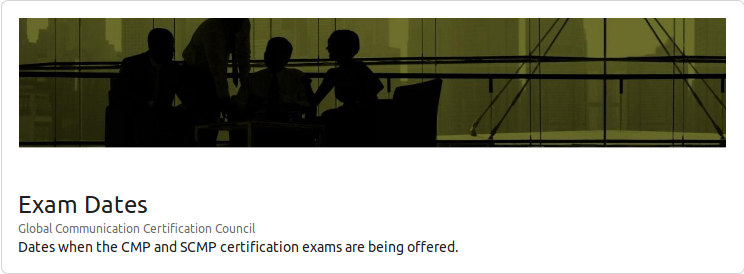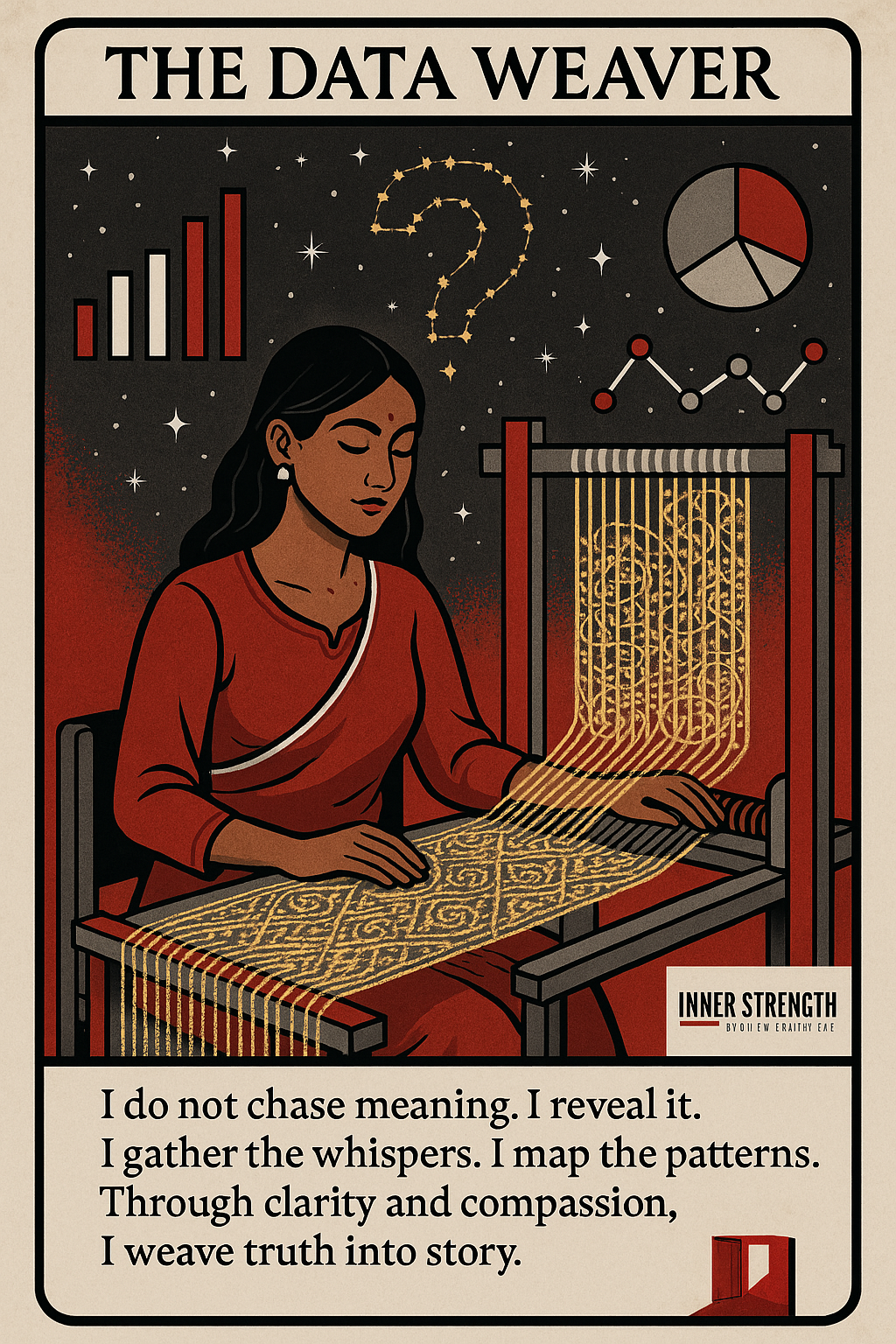Let me first start this post by saying that I am making a conscious effort to refer to practitioners differently, but that I often find myself falling into the trap of referring to myself and others, who make a living as experts in communication, as communicators.
That being said, I feel like I’m at the beginning of a movement to claim our individual and collective power to use communication to enable, engage and empower people and organizations. What has surprised me, is the reaction I get when I try to change my language and point it out to others.
I am a communication professional. I have studied communication as a profession. I have been recognized locally, nationally and internationally for my expertise. I became an Accredited Business Communicator (ABC) in 2004. I have become certified through the Global Communication Certification Council (GCCC) as first a Communication Management Professional (CMP) and more recently as a Strategic Communication Management Professional (SCMP). I am a member of a global professional association (IABC) that focuses on professional communication and is bound by a code of ethics. Yet, more often than not, we refer to ourselves – with one another and in professional situations – as “The Communicators.” In fact, my professional association is called the International Association of Business Communicators.
But lately, it’s got me thinking. Are we doing ourselves a disservice? How does our own language impact our own brand and reputation?
Several years ago, I had the opportunity to lead the re-branding effort for IABC. During our research, we did look into the name IABC itself. Members surveyed told us loud and clear that they didn’t care what the letters I. A. B. C. stood for but they did not want us to change them. I remember having a conversation with a board member at the time about whether we should change IABC to represent the International Association of Business Communication instead, but with the new brand, logo, values and guidelines, it was felt it wasn’t time yet. There is a little part of me that regrets that now.
What is wrong with Communicator?
The reality is that everyone is a communicator. That means there is no differentiation between those who have studied and learned about the profession of communication and anyone who simply communicates through words and actions (or lack of words and actions). Our leaders are communicators, our employees are communicators, our children are communicators, our pets are communicators.
From a brand and reputation perspective, it’s difficult to differentiate what we do. If we insist on using ‘communicator’ to refer to ourselves, we should at least add professional or business as a modifier in front of the word.
But a professional must be regulated.
I remember having a debate with a colleague about the fact that we can’t refer to ourselves as communication professionals because we are not a regulated profession like accountants and lawyers.
Let’s talk about this. Human Resources has done a wonderful job rebranding themselves as human resources professionals through their certification process. Project Management Professionals (PMPs) have done the same. They think they’re good enough to refer to themselves as professionals. Is the real issue that we don’t?
Do you need to be certified to refer to yourself as a communication professional?
I don’t think we’re there yet. I’d rather start by how we refer to ourselves and acknowledge the fact that there are some great communication professionals out there that are not certified today.
That being said, I’m a big proponent of any certification process for Communication Professionals (ABC, APR, CIPR) and love the new GCCC certification process sponsored by IABC for a few reasons:
- It recognizes the evolutionary career roadmap for communication professionals from foundational skills – specialist/generalist role – strategic adviser – business leader.
- At every level, it focuses on strategy and results – not communication for communication sake – but communication for influence and impact.
- The majority of people in our organizations who claim to be able to do our jobs, could not pass the certification exam. In fact, I think many who claim to be communication professionals may be found out as simply tactical deliverers. They can continue to refer to themselves as the communicators.
The certification process will allow those that claim to be communication professionals to proudly announce that they are proven certified communication professionals (CMP) and communication strategists (SCMP). Once we have critical mass, it will also identify those that stand apart from the crowd and hopefully drive our friends in HR to actively look for and recruit those whom are proven professionals.

Our language matters
As a consultant and speaker, I meet practitioners every day who yearn for respect, understanding, opportunity, a relationship with leaders, a seat at the coveted decision-making table.
I’ve said this again and again…our problem is not as much about capability and capacity as it is about courage and confidence. We need to have courageous conversations and promote our role and impact on organizations. We also need to say no to the work that doesn’t matter.
Here is what I truly believe: There are so many organizations with the right plans, the right ideas, and the right leaders that cannot get traction or action because of their failure to communicate strategically. When we go from passive to purposeful; from tactical to strategic; from implementers to influencers; and are brave enough to measure business outcomes instead of simply outputs; we won’t ever question our role as communication professionals.
So here is my personal glossary:
- Communicator – Anyone who communicates through words/action or lack of words/actions.
- Communication Practitioner – When I’m refering to those that communicate for their organizations. They don’t necessarily refer to themselves as professionals or I’m not sure if they are. They deliver communication for their organizations and some have not been formally trained or had experience in communication skills or strategy.
- Communication Professional – Those that have training and experience in communication skills or strategy to support an organization to deliver results.
- Certified Communication Professional – Certified as a communication professional through a professional association.
- Certified Communication Management Professional (CMP) – Certified through the Global Communication Certification Council at the specialist/generalist level.
- Certified Strategic Communication Management Professional (SCMP) -Certified through the Global Communication Certification Council at a strategic adviser level.
Do you agree or disagree with me? Are there any other terms I should add or change?
A final thought. When you choose to argue or debate to continue referring to ourselves as communicators, really think about the end result of you winning that argument. Does it help us progress as a profession? Does it move us forward in any way…or does it simply put us exactly where we are, yearning for respect for our integral role in organizational success and continuing to be misunderstood.



